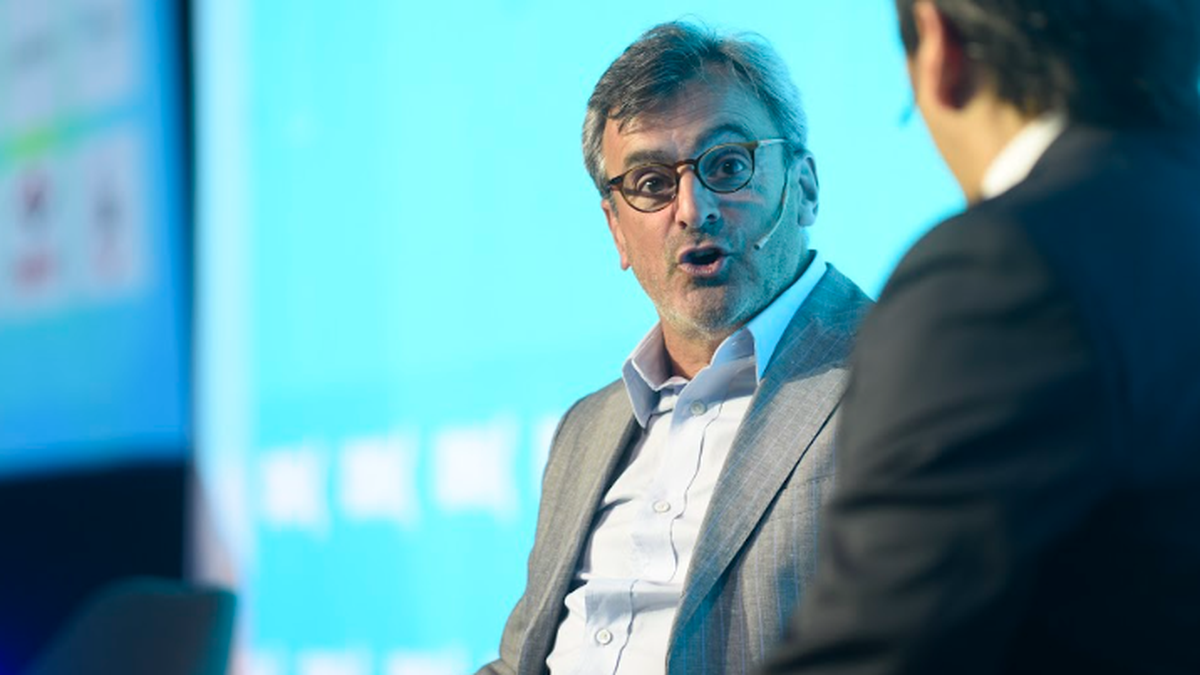The CDU/CSU and FDP in particular are pushing for the outsourcing of asylum procedures to suitable non-EU states, and the Chancellor has promised to examine specific models. However, practitioners do not expect too much from this.
Chancellor Olaf Scholz (SPD) has promised the federal states that he will examine concrete models for asylum procedures in non-EU countries – but the Association of Municipalities does not expect this alone to ease the burden on migration. “We warn against suggesting to people that such a single measure could change the refugee situation in the long term,” said the General Manager of the German Association of Towns and Municipalities, André Berghegger, to the Düsseldorf “Rheinische Post”.
“The approach of examining possible models for asylum procedures in third countries is one of the possible measures. Nevertheless, it cannot be assumed that this will provide significant relief in the short or medium term,” he continued. “Many individual components are needed. These could include effective border controls, the rapid implementation of the EU asylum compromise and the reduction of so-called ‘pull factors’, for example through the use of payment cards.”
Scholz has also dampened expectations
At the conference of state premiers, Scholz promised his colleagues in the states that he would continue to examine possible models for asylum procedures in countries outside the European Union and that he would present concrete results by December. At the same time, he also dampened expectations that this could lead to a significant reduction in the number of asylum applications. The FDP and the opposition Union are in favor of this, but the co-governing Greens are extremely skeptical.
Criticism also comes from the SPD. The chairman of the party’s working group on migration and diversity, Aziz Bozkurt, told the “Tagesspiegel” that the statements on third-country procedures were “once again grist to the mill of the right-wing extremists”. It has long been clear that the third-country models are legally “more than difficult” and “practically close to impossible”. SPD vice-chairwoman Serpil Midyatli said that third-country regulations do not solve the causes of flight. “They create new problems: asylum centers abroad are expensive, inefficient and complicated to implement.”
Expert: Deportation to Afghanistan or Syria impossible
Parallel to the conference of state premiers, the interior ministers of the states had agreed to work to ensure that criminals and Islamist “threats” can be deported back to Afghanistan and Syria. At least with regard to members of the terrorist network Islamic State (IS), migration and international law expert Daniel Thym is certain that this would not stand up in court.
“For the (Afghan) Taliban regime and (Syrian President) Bashar al-Assad, the Islamic State is one of the biggest competitors,” explained the Konstanz law professor in the “Augsburger Allgemeine”. “People who belong to IS would end up in torture chambers or on the gallows.” He therefore sees “an absolute ban on deportation” for them: “When it comes to the question of whether someone can be deported, it is not a question of what the person has done in Germany, but how they would be treated in their country of origin.”
Source: Stern
I have been working in the news industry for over 6 years, first as a reporter and now as an editor. I have covered politics extensively, and my work has appeared in major newspapers and online news outlets around the world. In addition to my writing, I also contribute regularly to 24 Hours World.




